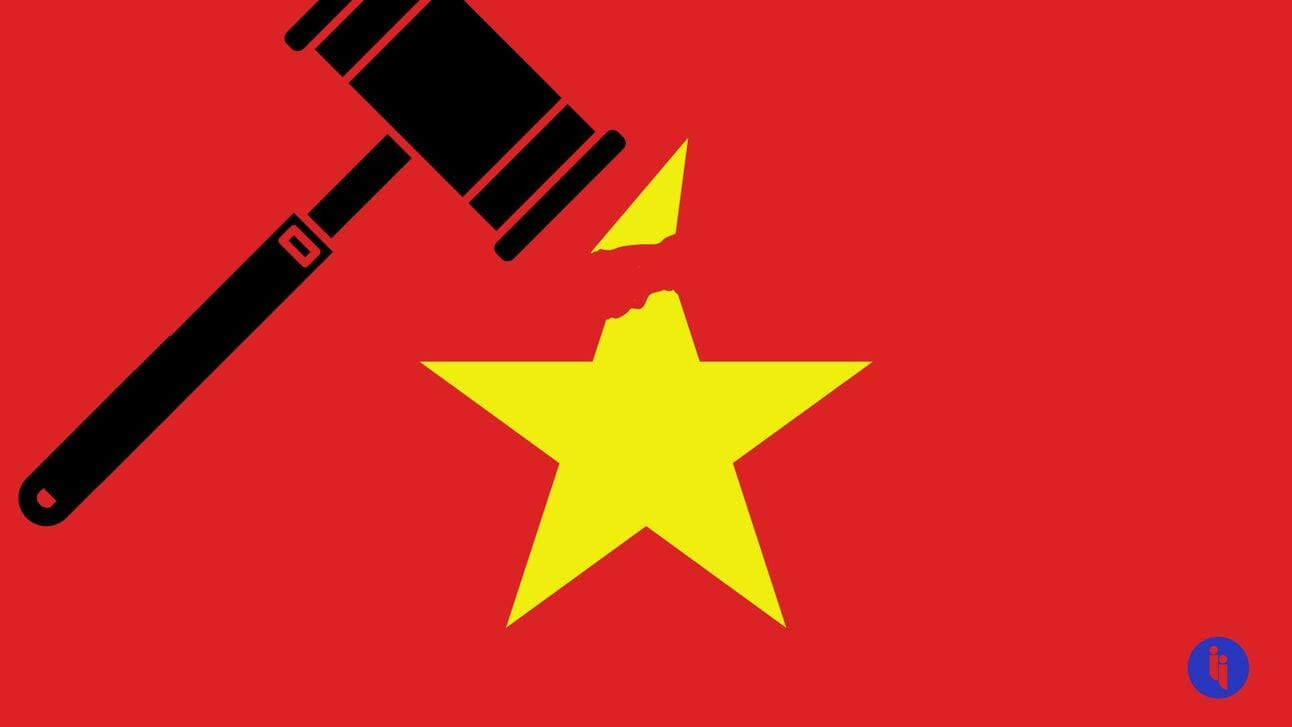Vietnam’s National Assembly formally approved the resignation of President Vo Van Thuong yesterday (Thursday), making him the second Vietnamese head of state to step down in just over a year.
Thuong’s departure appears linked to an extensive anti-corruption campaign (terrifically codenamed ‘Blazing Furnace’) that has already resulted in the arrest of hundreds of officials as well as the resignation of several high-ranking officers.
The Vietnamese Communist Party, which has run the country since ‘the fall of Saigon’ in 1975, accepted Thuong’s resignation and issued a statement (🇻🇳) saying the politician had “violated regulations on what party members cannot do” and negatively impacted the reputation of his state and party.
Stay on top of your world from inside your inbox.
Subscribe for free today and receive way much more insights.
Trusted by 114,000+ subscribers
No spam. No noise. Unsubscribe any time.
Though the power of the Vietnamese president has varied over the years, Thuong was regarded as the second most influential leader within the Communist Party’s hierarchy and heir apparent to the country’s real top job – General Secretary.
But really, why did Thuong resign?
There’s a lot of intrigue surrounding Thuong’s departure:
- Party officials vaguely pointed to a series of “shortcomings” but declined to offer more details about the nature of his failures.
- Then there’s the ongoing police investigation into bribery allegations from over a decade ago when Thuong was the party secretary in Quang Ngai province.
- There are also reports that the man in charge of leading Vietnam’s anti-corruption campaign – Minister of Public Security To Lam – opposed Thuong for president in 2023 but lost. To paraphrase a famous Belgian detective, motives for (political) murder are sometimes very trivial.
Whatever the reason, Thuong’s resignation has supercharged speculation about a leadership struggle behind the scenes – particularly since current General Secretary Nguyen Phu Trong (a major backer of Thuong) was hospitalised in January.
And guess who’snow shaping up as an early favourite to succeed General Secretary Trong at the Party Congress in 2026? To Lam.
What does this mean for Vietnam?
Analysts are worried about the country’s political stability. Beyond this week’s events, Vietnam’s ongoing multi-year corruption crackdown has hurt business and investor confidence.
As Vietnam expert Le Hong Hiep explains: “Many of these investors were drawn to Vietnam precisely because of its relatively stable political climate compared to other countries in the region”.
That matters because Vietnam’s leadership has pledged to grow its economy and turn it into a developed country by 2045. It’s been one of the region’s fastest growing economies in recent years, but the party missed last year’s growth target.
On the other hand, FDI flows have proven remarkably resilient throughout the corruption crackdown and have climbed nearly 40% in the first two months of 2024 compared to a year earlier.
For now, Vice-President Vo Thi Anh Xuan has been appointed Acting President, but it could take a month before a new president is announced.
INTRIGUE’S TAKE
On its face, Vietnam’s anti-corruption campaign looks similar to the one its northern neighbour China began in 2012. Both communist parties rightly view public corruption as a serious threat to their credibility and the long-term stability of their countries.
And just like Xi Jinping deftly used his anti-corruption campaign to both clean up China and kneecap his political rivals in China, it at least appears that Public Security Minister To Lam is trying the same thing in Vietnam.
Of course, Thuong’s resignation could be just a blip on the radar. But because Vietnamese politics are so opaque and tightly choreographed, any deviation from the norm leaves the rest of us wondering whether it’s a harbinger of more serious trouble.
Also worth noting:
- Since the beginning of Vietnam’s ‘Blazing Furnace’ anti-corruption drive in 2016, a remarkable 200,000 party members across all levels have been fired, jailed or disciplined.









